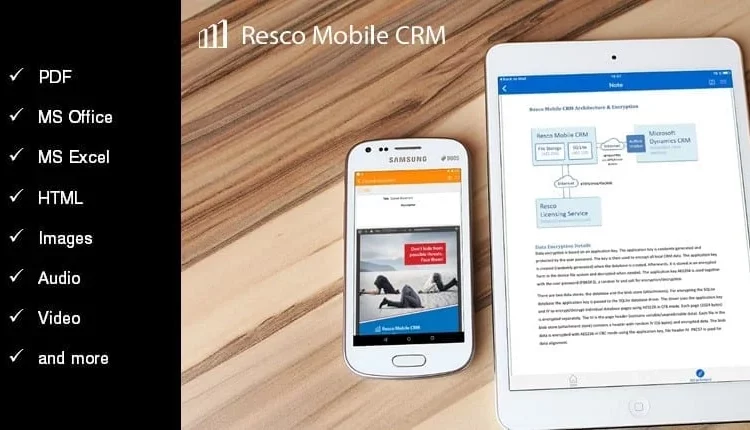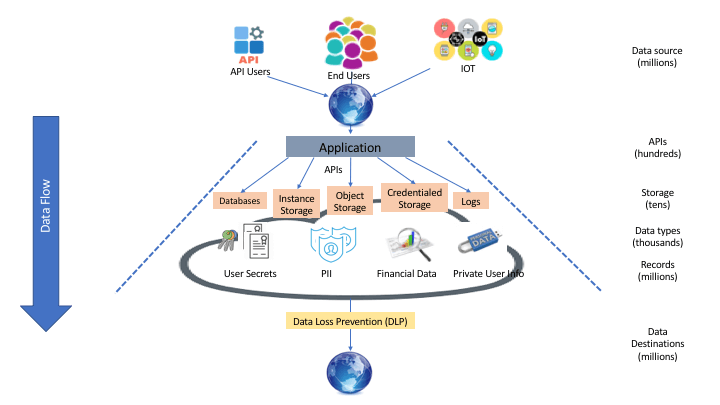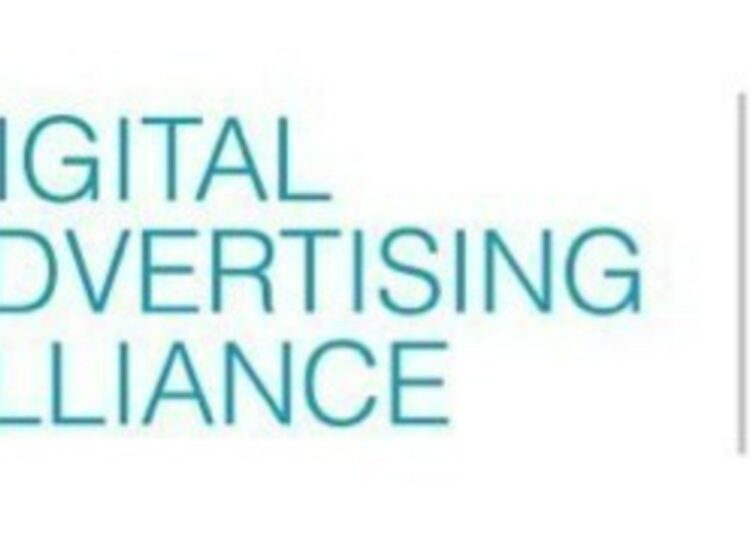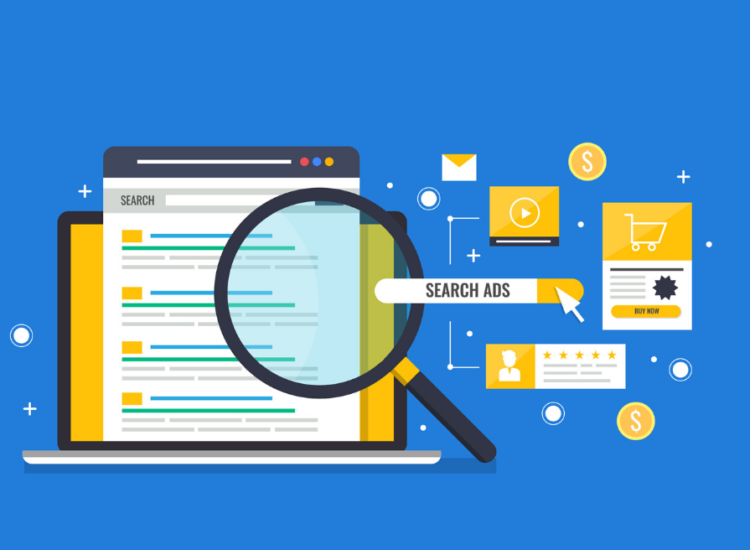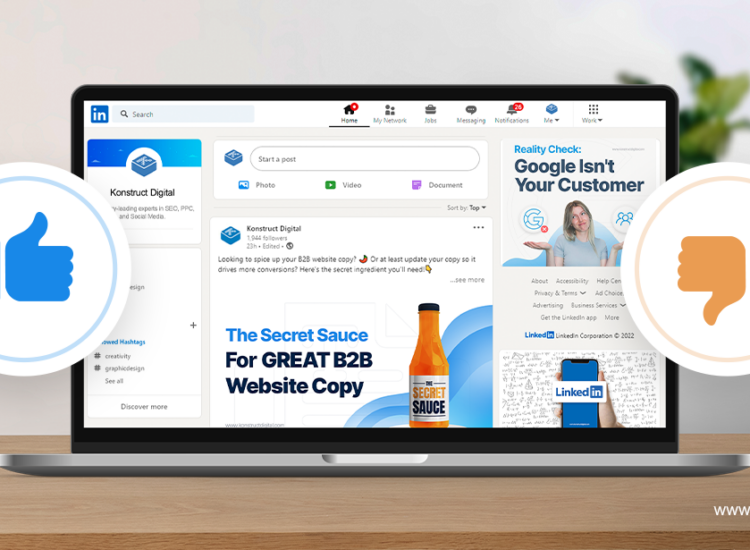Gone are the days when businesses could rely solely on traditional marketing methods. The internet has revolutionized how we consume information and interact with brands. Today, businesses must embrace a holistic approach to marketing, integrating online strategies with offline efforts to reach a wider audience and build lasting relationships.
Toc
- 1. The Power of Internet and Marketing
- 2. Key Internet and Marketing Strategies
- 3. Related articles 01:
- 4. Emerging Trends in Internet and Marketing
- 5. Related articles 02:
- 6. Tips for Success in Internet and Marketing
- 7. Frequently Asked Questions
- 7.1. What is the best way to get started with internet and marketing?
- 7.2. How much should I budget for internet and marketing?
- 7.3. What are some common mistakes to avoid in internet and marketing?
- 7.4. How can I measure the success of my internet and marketing campaigns?
- 7.5. What are some resources available to help me learn more about internet and marketing?
- 8. Conclusion
The Power of Internet and Marketing
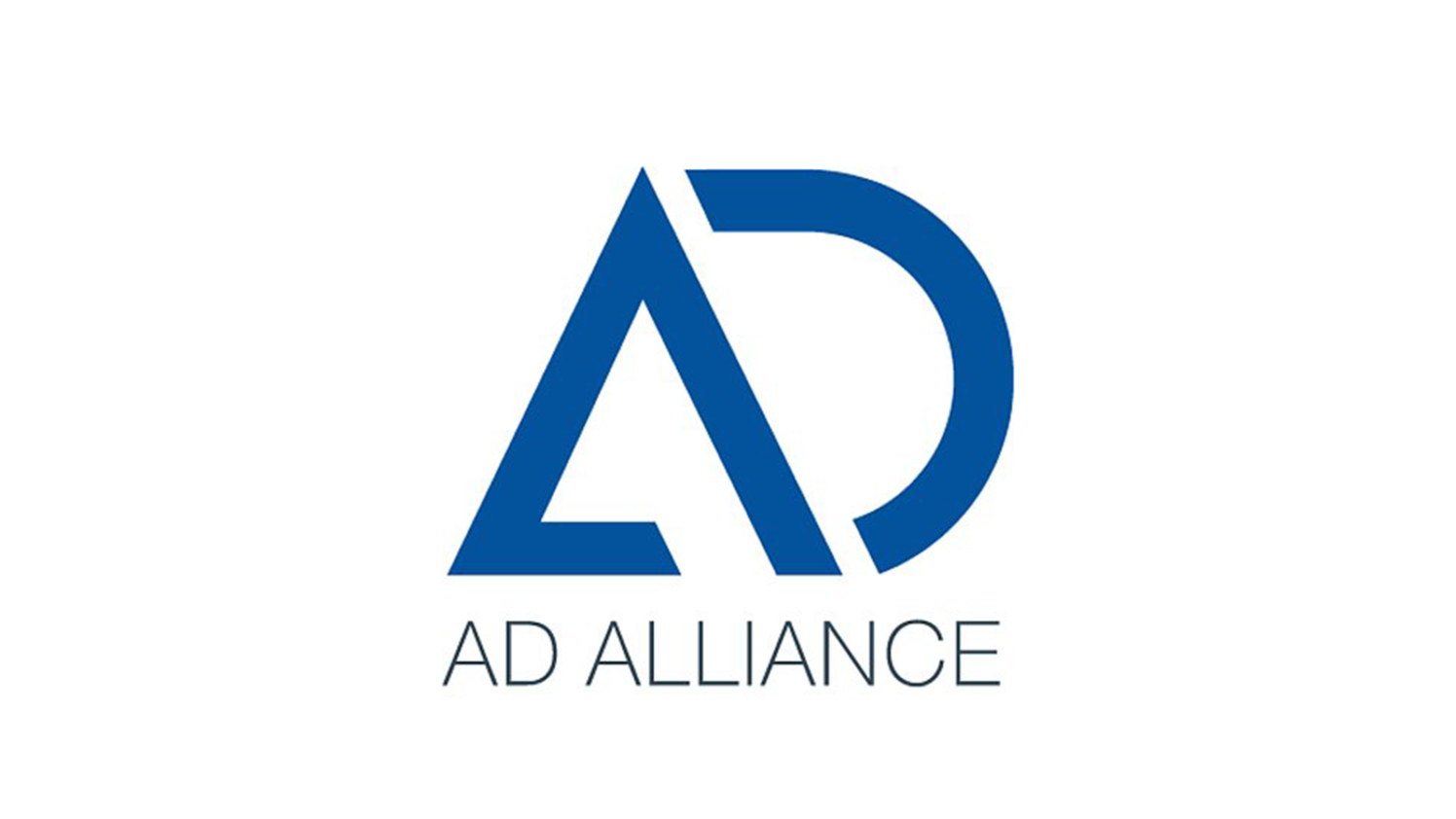
In today’s digital landscape, the synergy between internet and marketing is undeniable. Businesses that harness the power of internet marketing can connect with their target audience more effectively than ever before. This section explores the transformative potential of internet and marketing for businesses aiming to thrive in a competitive marketplace.
The Evolution of Internet and Marketing
Internet marketing has undergone a remarkable evolution. From the early days of simple web pages to the sophisticated algorithms and targeted advertising we see today, the landscape has changed significantly. Initially, businesses focused on creating static websites, but as online consumer behavior evolved, the need for dynamic content and interactive platforms emerged.
The Importance of Internet and Marketing for Businesses
The internet has fundamentally shifted consumer behavior. In 2023, 95% of Americans aged 18-29 use the internet daily, making online platforms the primary avenue for reaching this demographic. Businesses that embrace marketing on the internet can leverage this trend, engaging with consumers in their preferred digital spaces and building relationships through targeted content and interactive experiences.
Benefits of Internet and Marketing
Effective internet marketing strategies offer quantifiable benefits:
- Increased Brand Awareness: A study by Nielsen found that 70% of consumers are more likely to buy from brands they follow on social media.
- Lead Generation: Inbound marketing strategies, such as content marketing and SEO, can generate leads at a lower cost per lead compared to traditional methods.
- Enhanced Customer Engagement: Social media platforms allow businesses to foster direct interactions with customers, gather feedback, and address concerns in real-time, building stronger relationships.
- Improved Sales: E-commerce websites generate an average of 8% more sales for every 10% increase in customer engagement through online channels.
The Role of Internet and Marketing in Customer Acquisition and Retention
Internet marketing is a powerful tool for both customer acquisition and retention. SEO strategies, such as optimizing website content for relevant keywords, can attract new customers through organic search results. Social media marketing allows businesses to engage with potential customers, showcasing their brand personality and fostering trust. Email marketing campaigns can be used to nurture leads, provide valuable content, and offer personalized promotions, ultimately leading to conversions. Furthermore, loyalty programs and personalized recommendations powered by data analytics can enhance customer retention by rewarding loyal customers and providing tailored experiences.
Key Internet and Marketing Strategies

To successfully navigate the digital landscape, business owners must be equipped with essential internet and marketing strategies. This section delves into various tactics that can help achieve marketing goals.
Search Engine Optimization (SEO)
SEO is a cornerstone of effective internet marketing. By optimizing your online presence, you can drive organic traffic to your website. Here are key aspects to consider:
What is SEO and Why is it Important?
SEO is the process of enhancing your website to improve its visibility in search engine results. A well-optimized site ranks higher, making it easier for potential customers to find your business.
Keyword Research
Conducting thorough keyword research is vital. Identify relevant terms that your target audience is searching for, such as “internet a marketing” and “marketing internet marketing.” This knowledge allows you to tailor your content to meet their needs.
On-Page Optimization
Ensure that your website’s content and structure are optimized for search engines. This includes using relevant keywords in headings, meta descriptions, and throughout your content to improve your chances of ranking higher in search results.
Off-Page Optimization
Building a robust backlink profile is crucial for SEO success. By promoting your content and engaging in outreach, you can enhance your website’s authority and improve its ranking on search engines.
Social media marketing is an essential component of any comprehensive internet marketing strategy. Here’s how to effectively utilize these platforms:
Choosing the Right Social Media Platforms
Selecting the appropriate platforms for your business is crucial. Research where your target audience spends their time and focus your efforts there, whether it’s Facebook, Instagram, LinkedIn, or TikTok.
Creating Engaging Content
1. https://rsnguyen.vn/archive/2816/
2. https://rsnguyen.vn/archive/2817/
3. https://rsnguyen.vn/archive/2814/
High-quality, relevant content is key to engaging your audience. Use a mix of visuals, videos, and interactive posts to capture attention and encourage sharing.
Social Media Advertising
Leverage paid social media advertising to reach a wider audience. Target specific demographics and interests to ensure your ads resonate with potential customers.
Social Media Analytics
Tracking your social media performance is vital. Use analytics tools to monitor engagement, reach, and conversions, allowing you to refine your strategies for better results.
Content Marketing
Content marketing is a powerful way to establish your business as an authority in your industry. Here’s how to make the most of it:
What is Content Marketing?
Content marketing involves creating valuable, relevant content to attract and engage your target audience. This can take various forms, including blog posts, videos, and infographics.
Types of Content
Explore different types of content to diversify your marketing efforts. Consider using:
- Blog Posts: Share insights and expertise.
- Videos: Create engaging visual content.
- Infographics: Present data in a visually appealing format.
Content Creation and Distribution
Creating high-quality content is only half the battle; effective distribution is equally important. Share your content across multiple platforms to maximize its reach.
Content Marketing Strategy
Develop a comprehensive content marketing strategy that aligns with your overall business goals. This includes setting clear objectives, understanding your audience, and measuring performance.
Email Marketing
Email marketing remains one of the most effective ways to nurture customer relationships and drive conversions. Here’s how to excel in this area:
Building an Email List
Start by building a targeted email list of potential customers. Use sign-up forms on your website and social media to encourage subscriptions.
Email Segmentation
Segmenting your email list allows you to send personalized messages that resonate with different audience segments. Tailor your content to meet their specific needs and interests.
Email Campaign Creation
Craft effective email campaigns that achieve specific marketing objectives. Use compelling subject lines and clear calls to action to encourage engagement.
Email Marketing Automation
Utilize email marketing automation tools to streamline your campaigns. Automation can help you send timely messages, follow-ups, and personalized offers without manual effort.
Emerging Trends in Internet and Marketing
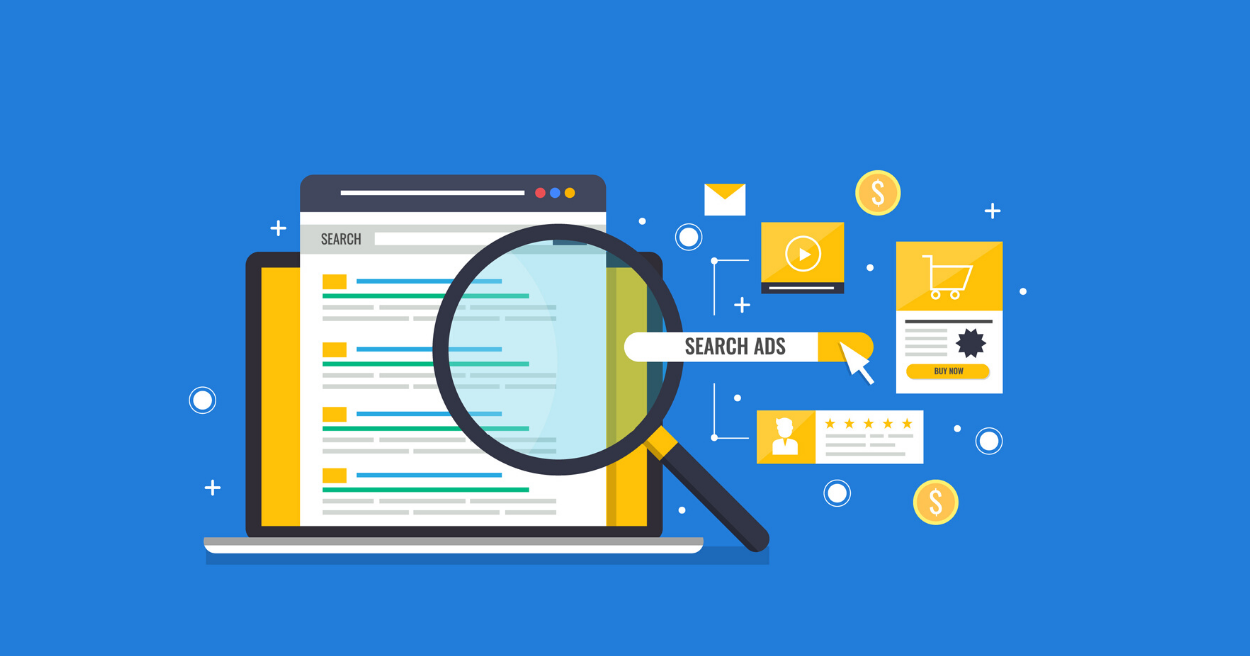
1. https://rsnguyen.vn/archive/2815/
2. https://rsnguyen.vn/archive/2816/
3. https://rsnguyen.vn/archive/2813/
The landscape of internet and marketing is constantly evolving. Staying informed about the latest trends can help you remain competitive.
Artificial Intelligence (AI) in Internet and Marketing
AI is revolutionizing internet marketing by enabling personalized recommendations, automated advertising, and customer insights. Businesses can leverage AI tools to analyze vast amounts of data, identify trends, and optimize their marketing strategies for better targeting and engagement. This transformation allows for more efficient resource allocation and improved customer experiences.
Voice Search Optimization
With the rise of smart speakers like Amazon Alexa and Google Home, along with voice assistants on smartphones, optimizing your content for voice search has become crucial. Focus on conversational keywords and phrases that reflect natural speech patterns to enhance visibility in voice search results. This approach helps capture the growing number of users who prefer voice searches for convenience and ease of use.
The Rise of Short-Form Video Content
Platforms like TikTok and Instagram Reels have exploded in popularity, capturing the attention of younger audiences with their fast-paced, engaging content. Short-form videos are designed for quick consumption, often featuring catchy music, humor, or challenges. Businesses are increasingly incorporating short-form video into their marketing strategies to reach these demographics, increase brand awareness, and encourage social sharing to expand their reach further.
The Importance of Privacy and Data Security
As consumers become more conscious of data privacy concerns, there has been a significant push for stricter regulations like the GDPR (General Data Protection Regulation) in Europe and the CCPA (California Consumer Privacy Act) in the United States. These regulations demand greater transparency in how businesses collect, store, and use personal data. Companies must prioritize data security and adopt clear, transparent marketing practices to maintain customer trust and avoid potential legal repercussions that can arise from non-compliance.
Influencer Marketing
Influencer marketing has gained immense popularity as a powerful tool for reaching niche audiences. By collaborating with influencers, businesses can tap into established communities and build credibility through trusted voices in their industry. Influencers offer authenticity and relatability that traditional advertising often lacks, making them valuable partners in campaigns aimed at boosting brand recognition, driving engagement, and generating sales.
Emerging Technologies
Emerging technologies such as augmented reality (AR) and virtual reality (VR) are rapidly shaping the future of internet and marketing. These innovations offer the potential to create immersive, interactive experiences that engage customers in new and exciting ways. For instance, AR can enhance online shopping by allowing customers to visualize products in their own environments before purchasing, while VR can offer virtual tours or demonstrations that captivate and inform potential buyers. As these technologies continue to evolve, they will provide businesses with novel opportunities to connect with their audiences.
Tips for Success in Internet and Marketing

Implementing successful internet and marketing campaigns requires careful planning and execution. Here are some practical tips to help you succeed:
Set Clear Goals and Objectives
Begin by defining specific, measurable, achievable, relevant, and time-bound (SMART) goals for your marketing campaigns. These clear objectives serve as a roadmap, providing direction and focus to your efforts. By setting precise targets, you can allocate resources more efficiently and evaluate the success of your campaigns with greater precision.
Understand Your Target Audience
Conduct thorough research to gain a deep understanding of your audience’s needs, interests, and online behavior. This involves analyzing demographic data, social media interactions, and customer feedback. Such knowledge enables you to craft strategies that resonate with your audience, ensuring your marketing messages are engaging and effective.
Track Your Results and Make Adjustments
Consistently track key performance indicators (KPIs) to gauge the success of your marketing efforts. Utilize tools like Google Analytics or social media insights to gather data on user engagement, conversion rates, and other relevant metrics. Use these data-driven insights to make informed adjustments, refining and optimizing your strategies for better results over time.
Stay Up-to-Date with the Latest Trends
The internet and marketing landscape are constantly evolving, with new technologies and trends emerging regularly. Commit to continuous learning by attending industry conferences, participating in webinars, and following thought leaders. By staying informed and adaptable, you can maintain a competitive edge and ensure your marketing strategies remain relevant and effective.
Frequently Asked Questions
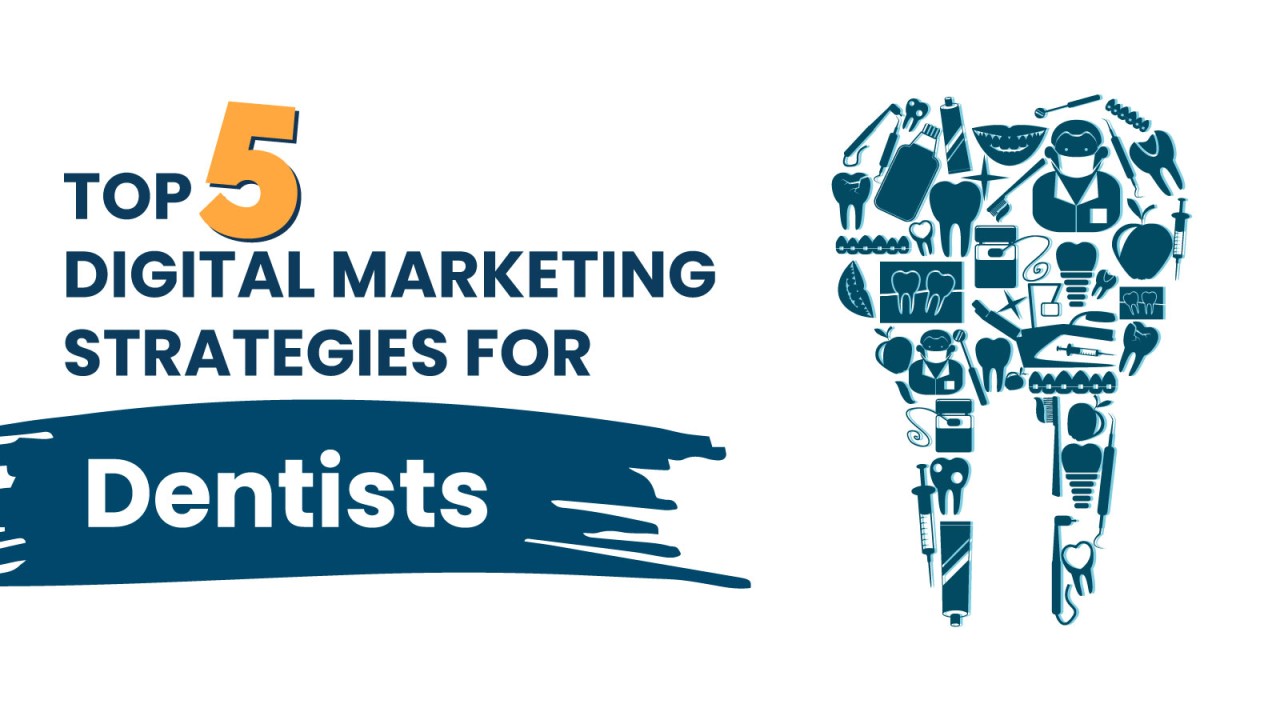
What is the best way to get started with internet and marketing?
Begin by defining your target audience, setting clear goals, and selecting the most appropriate internet and marketing strategies for your business.
How much should I budget for internet and marketing?
The budget for internet and marketing can vary greatly depending on your business size, goals, and chosen strategies. Allocate resources based on your specific needs and potential return on investment (ROI).
What are some common mistakes to avoid in internet and marketing?
Avoid common pitfalls such as neglecting SEO, ignoring social media, creating low-quality content, and failing to track your results.
How can I measure the success of my internet and marketing campaigns?
Monitor key performance indicators (KPIs) such as website traffic, conversion rates, social media engagement, email open and click-through rates, and return on investment (ROI).
What are some resources available to help me learn more about internet and marketing?
There are numerous resources available, including online courses, books, articles, and industry events.
Conclusion
Mastering internet and marketing is essential for businesses of all sizes to thrive in today’s digital landscape. By implementing the strategies and tactics discussed in this article, you can effectively reach your target audience, build brand awareness, and drive sustainable business growth. Remember to stay informed about the latest trends, track your results, and continuously adapt your approach to stay ahead of the competition.
Start your internet and marketing journey today and unlock the potential for your business to succeed in the digital age.

